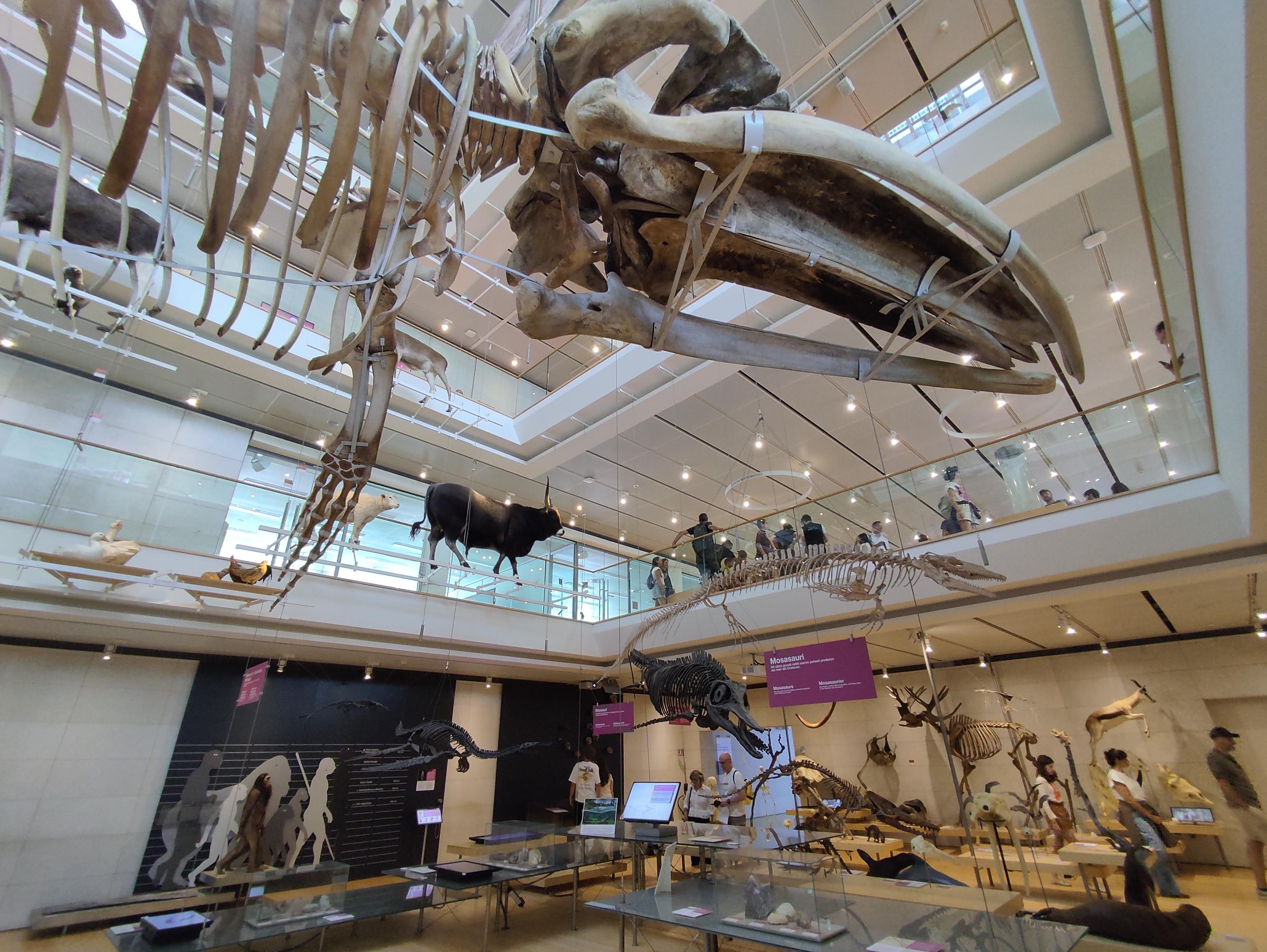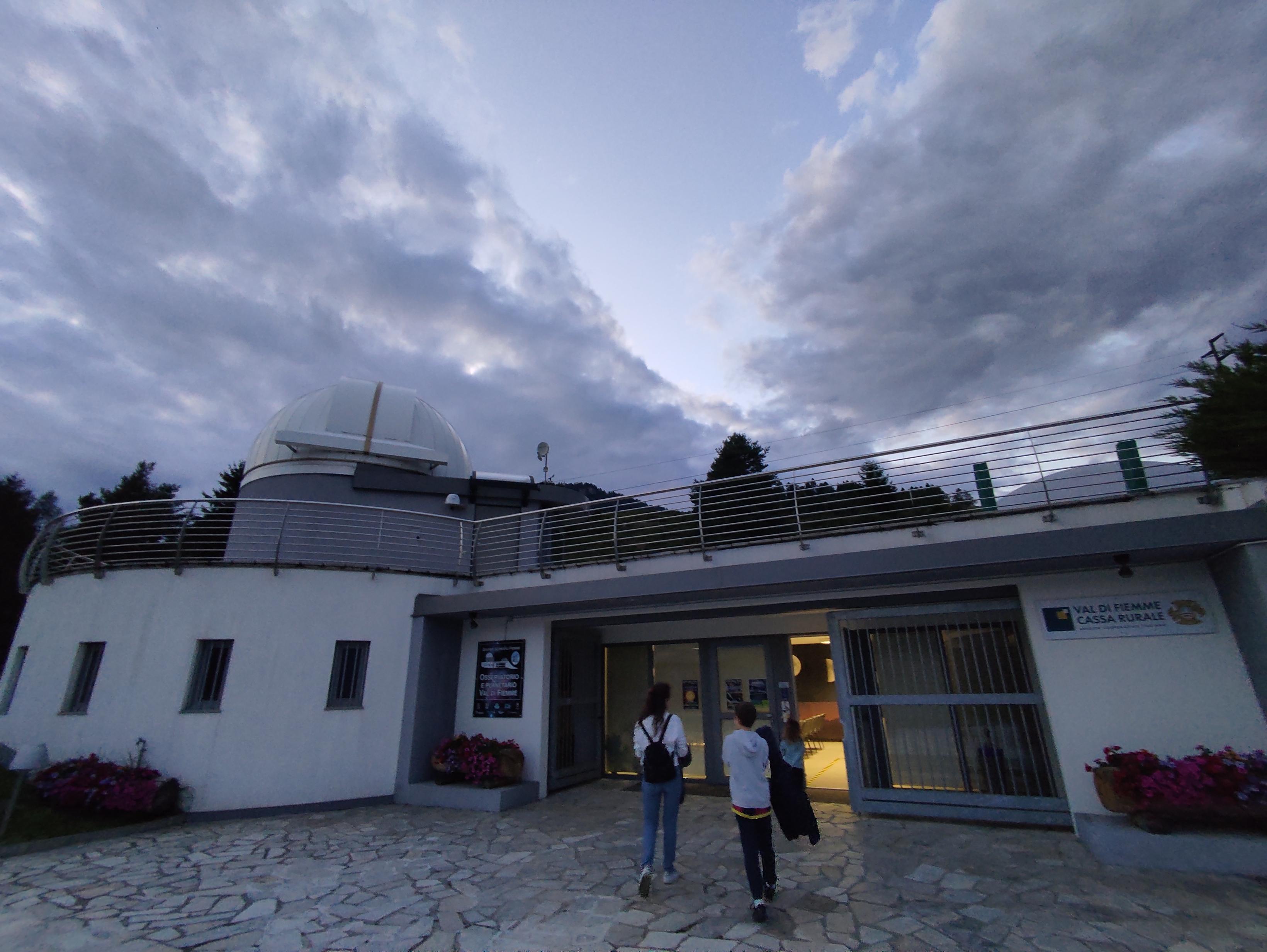A few thoughts about modern #museum for #science, after I visited a few in the last months
(e.g. https://mastodon.social/@franco_vazza/114438970133673779
https://mastodon.social/@franco_vazza/114965935128090992
https://mastodon.social/@franco_vazza/114983548716611231
)
Curious to know what other people here think about this.
Modern #museums are really captivating, and children (at least in the 5-10 years of age I directly tested) generally love them, at least for the first hour or so.
They are dynamics, the spaces are inviting, all is elegant and "cool".



